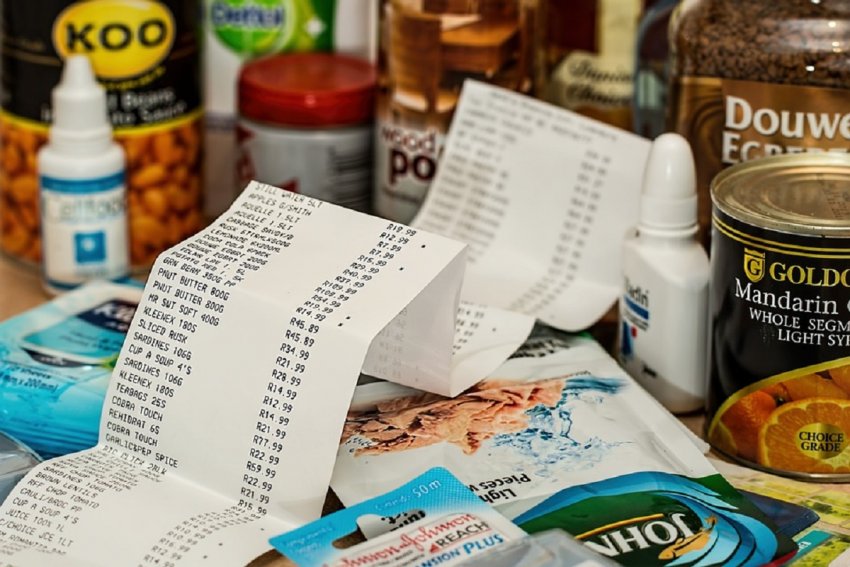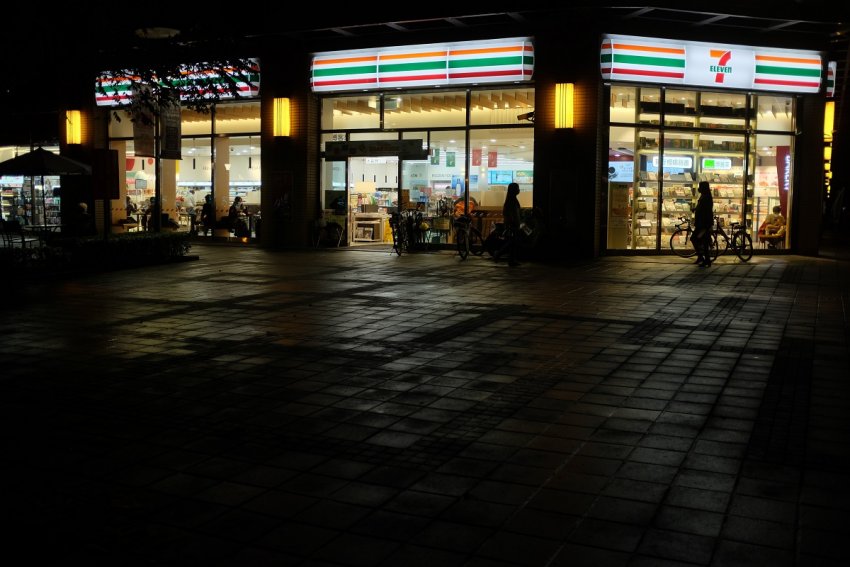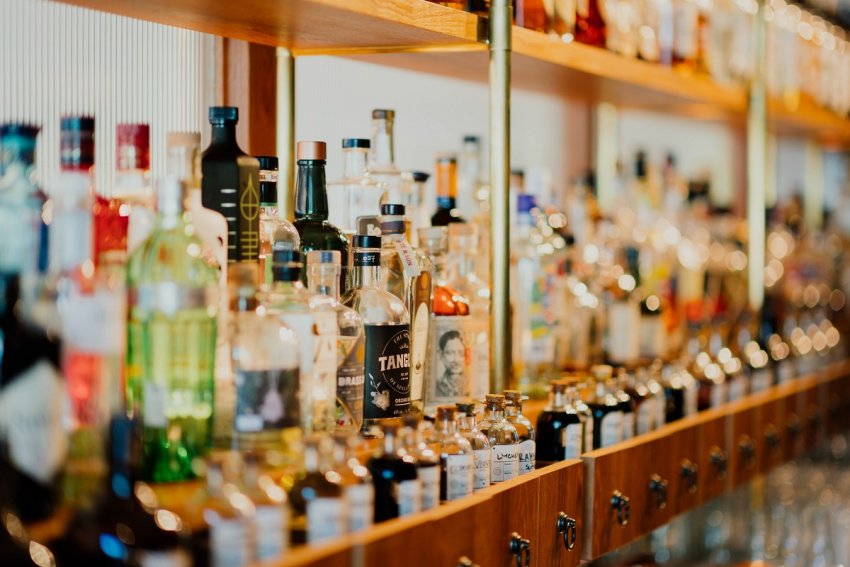Without a doubt, the biggest story in the world of Canadian food news this week came courtesy of Dalhousie University and the University of Guelph’s annual Food Price Report. Although rising food prices haven’t really relented since the onset of the pandemic, the report’s forecast of a five to seven per cent increase in the next year has caused concern across the country.
Both the Alberta and Quebec liquor industries have also generated their share of distressing headlines this week, while in Nova Scotia, a Chinese-owned lobster company made the news after pleading guilty to illegally shipping lobsters from the U.S. to China and claiming the product came from Canada.
Catch up on these stories and more in this week’s ICYMI.
Canada’s Food Price Report forecasts dramatic rise in 2022

Dalhousie University and the University of Guelph published the 12th edition of the annual Canada’s Food Price Report this week, and as many experts have been suggesting since the pandemic began impacting the country’s supply chain, food prices are expected to continue rising dramatically into the New Year.
According to the report, the expected across-the-board increase of between five and seven per cent will be the greatest rise in food prices in 12 years.
Head to CBC News for a thorough breakdown on what we can expect in 2022.
Nova Scotia lobster company causes controversy

A Chinese-owned lobster company operating out of Nova Scotia recently pleaded guilty in provincial court to illegally shipping live lobsters from the U.S. to China and claiming the product came from Canada.
The company reportedly imported 63,000 pounds from the U.S, which some believe was motivated by an effort to circumvent the Trump administration’s 49 per cent tariff on exports to China.
Visit CBC News for the full story.
Alberta’s first 7-Eleven to sell alcohol generates concern from liquor store industry

The Alberta Liquor Store Association (ALSA) has been raising questions regarding an Edmonton liquor store who recently became the first in the province to sell and allow the consumption of alcohol on its premises.
Although the convenience store applied and met all requirements set by the AGLC to legally do so, ALSA believes 7-Eleven is exploiting a potentially dangerous loophole that could provide minors with greater access to alcohol.
Find the full breakdown at Global News.
Julia Child’s historic D.C. home listed for $3.5 million
Julia Child's DC home—where she came up with some of her most famous recipes for her cookbook, Mastering the Art of French Cooking—was listed for $3.5 million. https://t.co/awUrmVg0mh
— VANITY FAIR (@VanityFair) December 8, 2021
The Georgetown home of legendary chef Julia Child was officially listed for sale this week at a price of $.3.5 million. The D.C. residence was reportedly built in 1869, and from 1948 to 1959, was the site at which Child came up with some of her most famous recipes for her iconic cookbook, Mastering the Art of French Cooking.
Head to Vanity Fair for more.
Quebec’s alcohol supply shortage

A labour dispute at Société des alcools du Québec (SAQ) has seemingly caused an alcohol supply shortage across the province that has resulted in many Quebecois heading to Ontario to stock up.
SAQ employees recently rejected a contract offer from SAQ management, and although the workers are not currently on strike, the conflict has caused a delay in the delivery of wine and spirits at multiple outlets.
Find out more at Global News.













